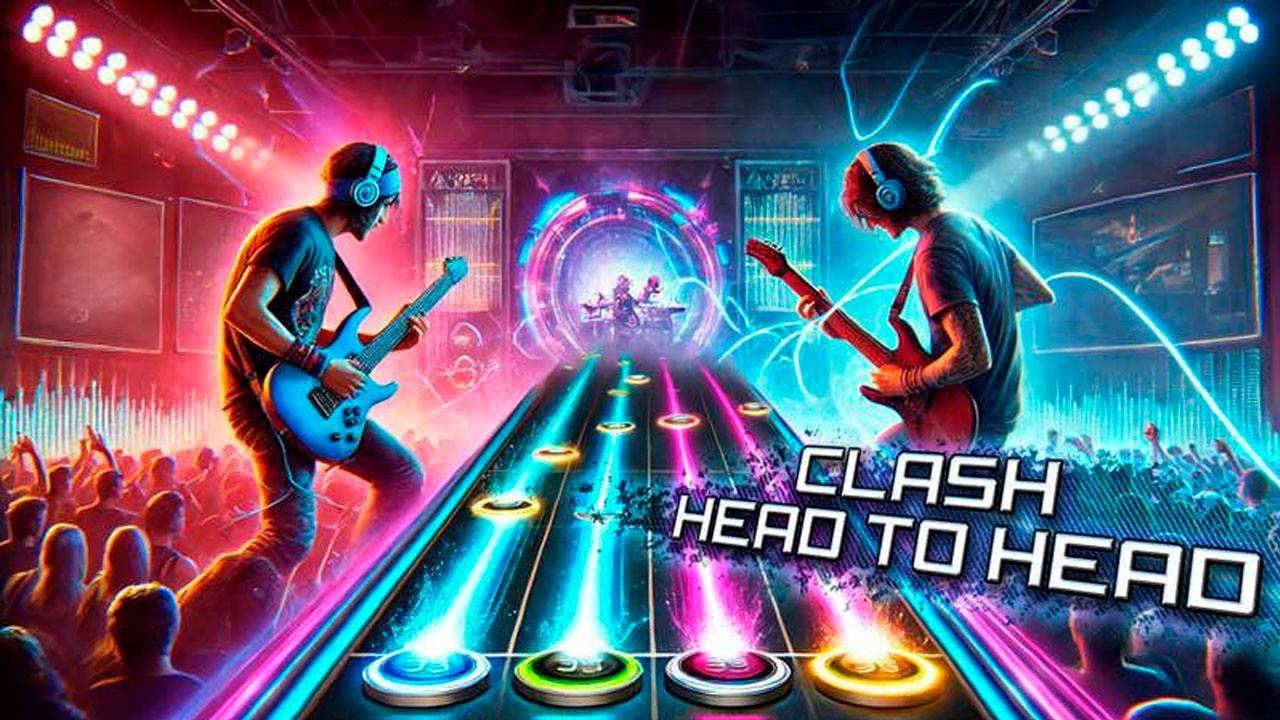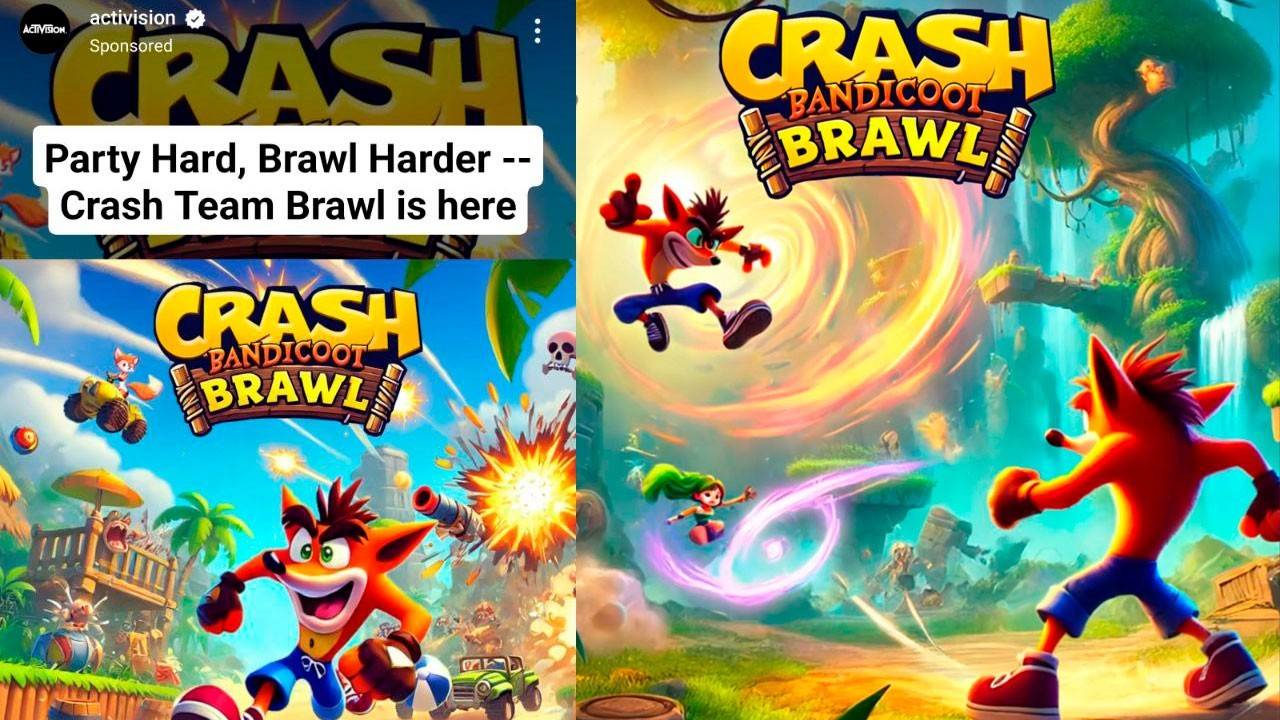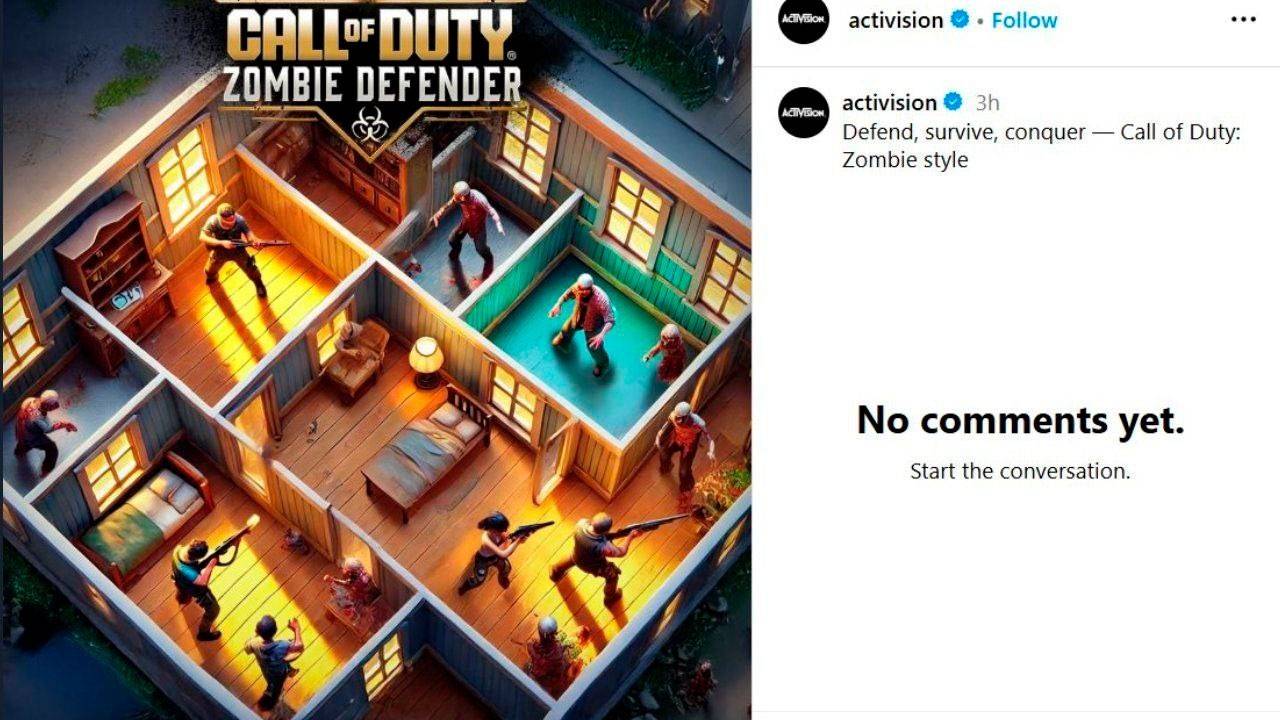Activision recently made headlines by unveiling advertisements for new projects based on beloved franchises such as Guitar Hero, Crash Bandicoot, and Call of Duty. However, the spotlight quickly shifted from the game announcements to the unconventional method used to create these promotional materials—neural networks. The first advertisement, which surfaced on one of Activision’s social media platforms, showcased Guitar Hero Mobile and directed users to a pre-order page on the App Store. The peculiar, almost surreal imagery in the ad caught the attention of fans, sparking widespread discussion.
 Image: apple.com
Image: apple.com
Subsequent reports revealed that other mobile titles like Crash Bandicoot Brawl and Call of Duty Mobile also utilized AI-generated art in their marketing campaigns. Initially, there was speculation about potential hacking of Activision's accounts, but it was soon clarified as an unconventional marketing experiment.
 Image: apple.com
Image: apple.com
The gaming community's response was overwhelmingly negative. Players voiced their disapproval of Activision's decision to employ generative AI over traditional artists and designers. There were fears that this approach might degrade the quality of games, turning them into what some described as "AI garbage." Comparisons were even drawn to Electronic Arts, known for its controversial moves in the gaming sector.
 image: apple.com
image: apple.com
The use of AI in both development and marketing has sparked heated debates within Activision. The company has confirmed that neural networks are being integrated into the content creation process for Call of Duty: Black Ops 6.
In response to the backlash, some of the promotional posts were taken down. It's still uncertain whether Activision intends to launch these games or if they were merely using these provocative materials to gauge audience reactions.






